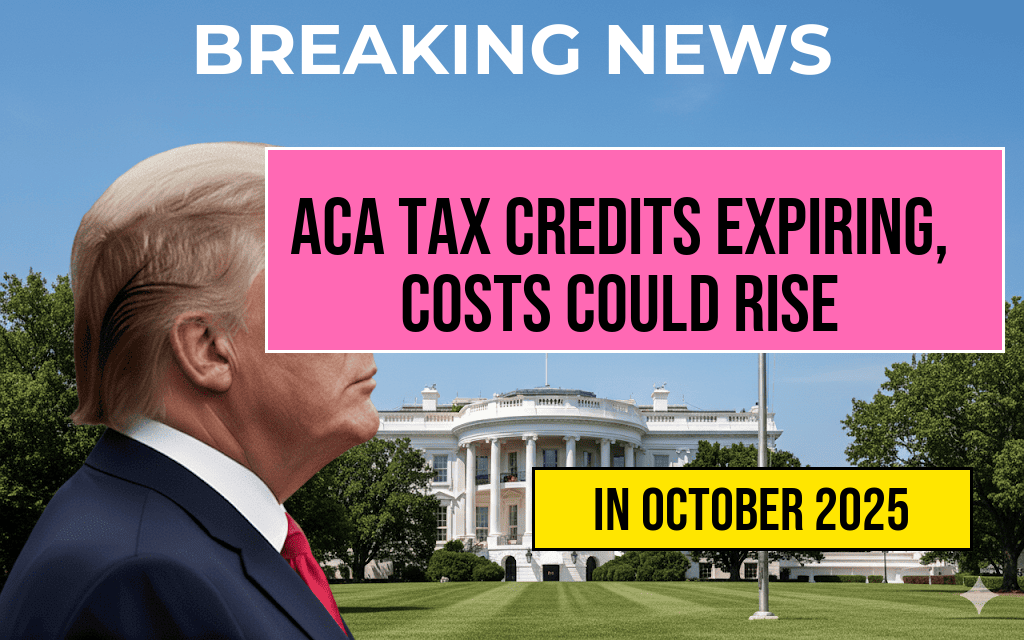Under the newly implemented tax reform plan championed by the Trump administration, Maine residents are projected to see an average tax savings of $3,204 per household in the upcoming tax year. This change, which aims to streamline the tax code and reduce overall tax burdens, has garnered significant attention across the state. According to recent analyses by the Tax Foundation and state tax officials, the adjustments primarily benefit middle-income families, with some higher earners also seeing notable reductions. The reform’s impact varies across different income brackets, but Maine taxpayers as a whole are expected to experience a meaningful decrease in their federal tax obligations, prompting discussions about economic growth and fiscal policy at both local and national levels.
Details of the Tax Reform Plan and Its Impact on Maine
Key Provisions of the New Tax Policy
- Reduction of Tax Rates: The plan lowers the top individual income tax rate from 37% to 35%, affecting high earners but also providing broader rate reductions for middle-income taxpayers.
- Standard Deduction Increase: The standard deduction has been nearly doubled, allowing many filers to reduce taxable income significantly without itemizing deductions.
- Child Tax Credits and Family Benefits: Expansion of the child tax credit enhances benefits for families, further reducing their tax burden.
- Elimination of Certain Deductions: Some miscellaneous deductions and credits were phased out, but the overall effect favors most taxpayers by simplifying the filing process and lowering rates.
Projected Savings Breakdown by Income Level
| Income Bracket | Average Savings | Percentage Reduction |
|---|---|---|
| $50,000 – $75,000 | $2,800 | 10% |
| $75,001 – $150,000 | $3,250 | 8% |
| $150,001 and above | $4,500 | 6% |
State-Level Context and Reactions
While the federal changes primarily influence individual taxpayers, Maine state officials and advocacy groups are weighing in on the broader implications. Governor Janet Mills expressed cautious optimism, emphasizing the importance of ensuring that tax cuts do not compromise essential state services. Meanwhile, some Democratic lawmakers have raised concerns about the potential for increased income inequality and reduced federal revenue impacting Maine’s public programs.
Economic Implications for Maine
- Boost to Consumer Spending: Lower taxes could increase disposable income, potentially stimulating local businesses and services across the state.
- Impact on State Revenue: The federal savings may lead to shifts in state tax planning and filings, with some residents adjusting their finances accordingly.
- Potential for Job Growth: Proponents argue that increased after-tax income may encourage entrepreneurship and hiring, bolstering Maine’s economy.
Expert Perspectives and Future Outlook
Economists and tax policy analysts remain divided on the long-term effects of the reform. Some highlight the immediate relief for middle-class families, while others caution about the potential for increased federal deficits and future tax hikes. The Congressional Budget Office estimates that the plan will add billions to the national deficit over the next decade, raising questions about fiscal sustainability.
For residents considering their next tax filing, these changes underscore the importance of consulting with tax professionals to maximize benefits and ensure compliance. As Maine adapts to the new federal landscape, community organizations and financial advisors are offering guidance on how to navigate the adjustments effectively.
Further details on the tax reform’s implications can be found through resources such as the Wikipedia page on U.S. tax reform and analyses by Forbes.
Frequently Asked Questions
What is the average tax savings for Maine residents under Trump’s new plan?
The average tax savings for Maine residents under the new plan is $3,204.
How does Trump’s new tax plan impact Maine residents financially?
Trump’s new tax plan is expected to provide Maine residents with significant tax savings, averaging $3,204 per individual, potentially increasing disposable income and economic stability.
Which groups of Maine residents benefit the most from the new tax plan?
While the article highlights average savings, taxpayers with higher incomes or specific tax brackets are likely to see more substantial benefits under the new plan.
Are there any changes to tax rates or deductions in the new plan for Maine residents?
The plan introduces adjustments to tax rates and deductions, which contribute to the overall average savings, though specific details may vary based on individual circumstances.
When will Maine residents start seeing the effects of the new tax plan?
Tax savings from the new plan are expected to take effect starting with the upcoming tax year, allowing residents to benefit from the revised tax policies in their filings.








